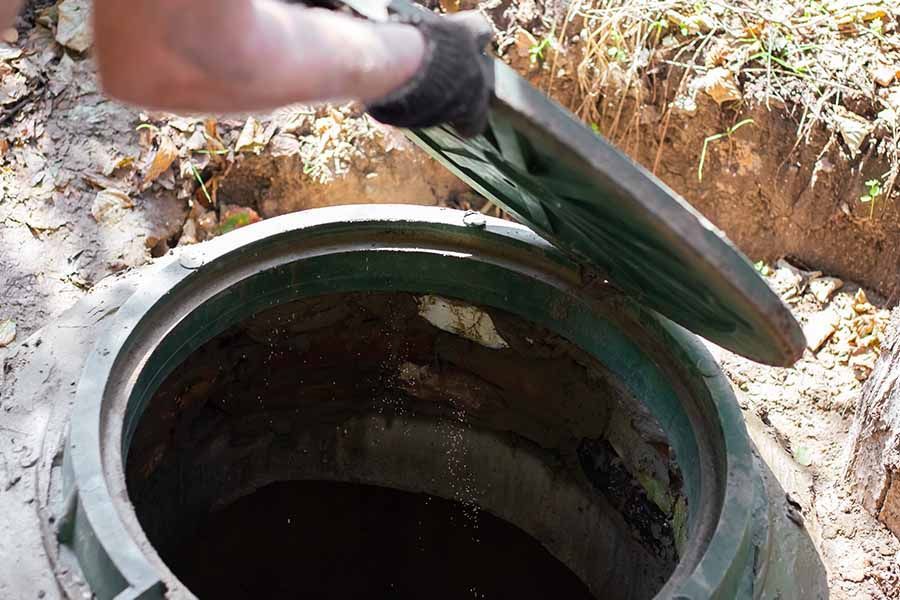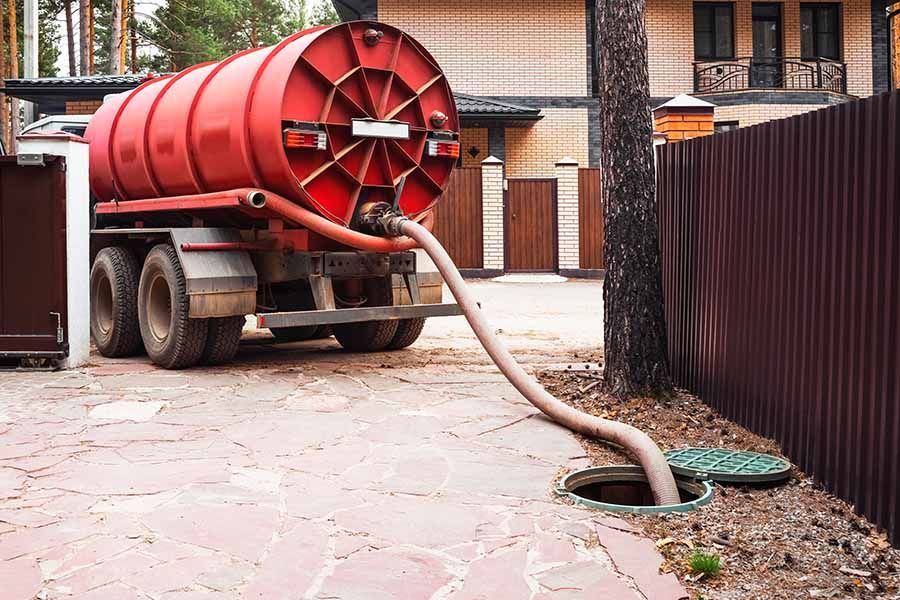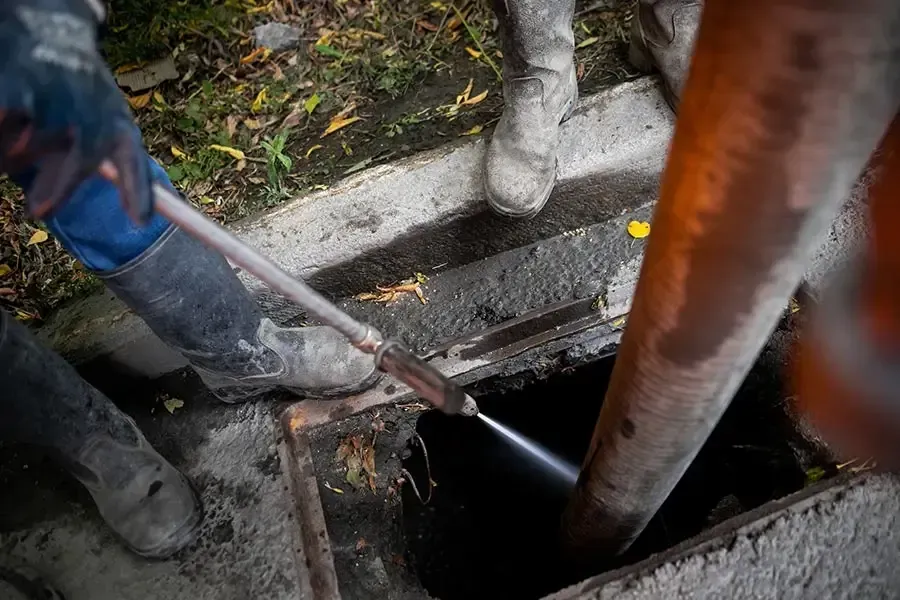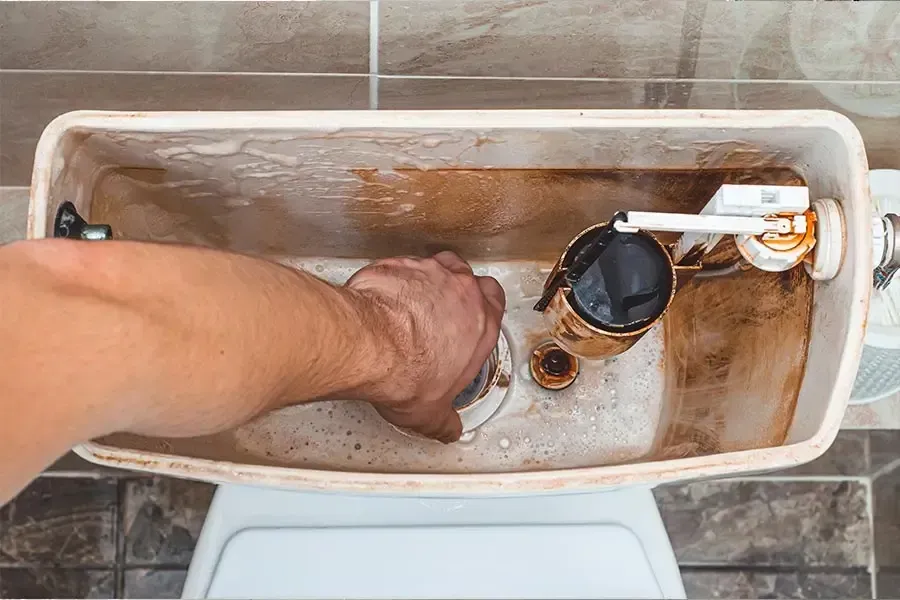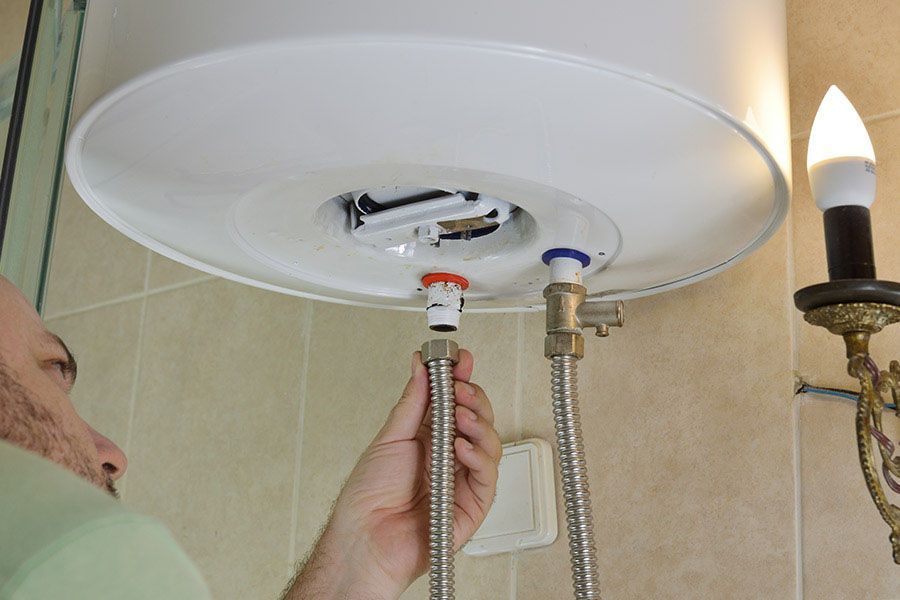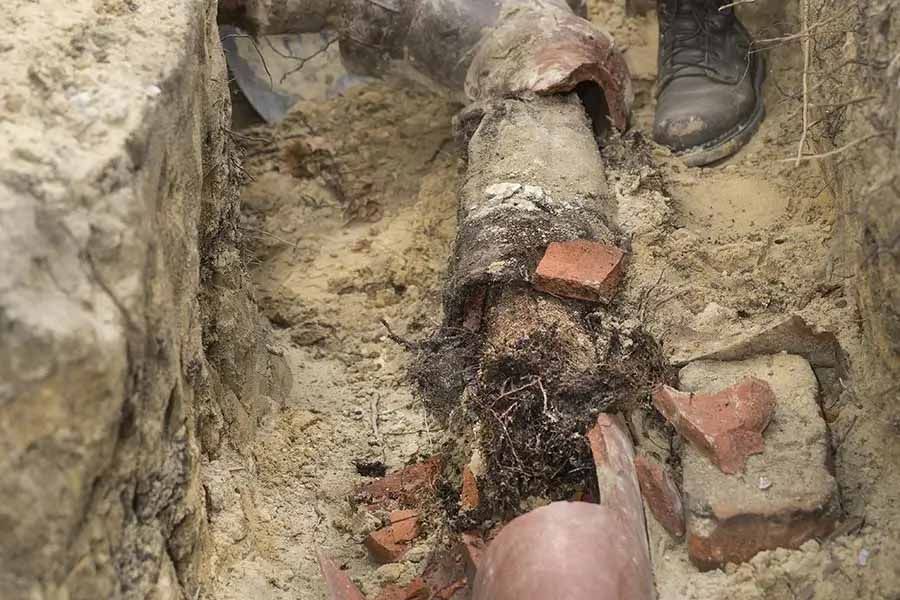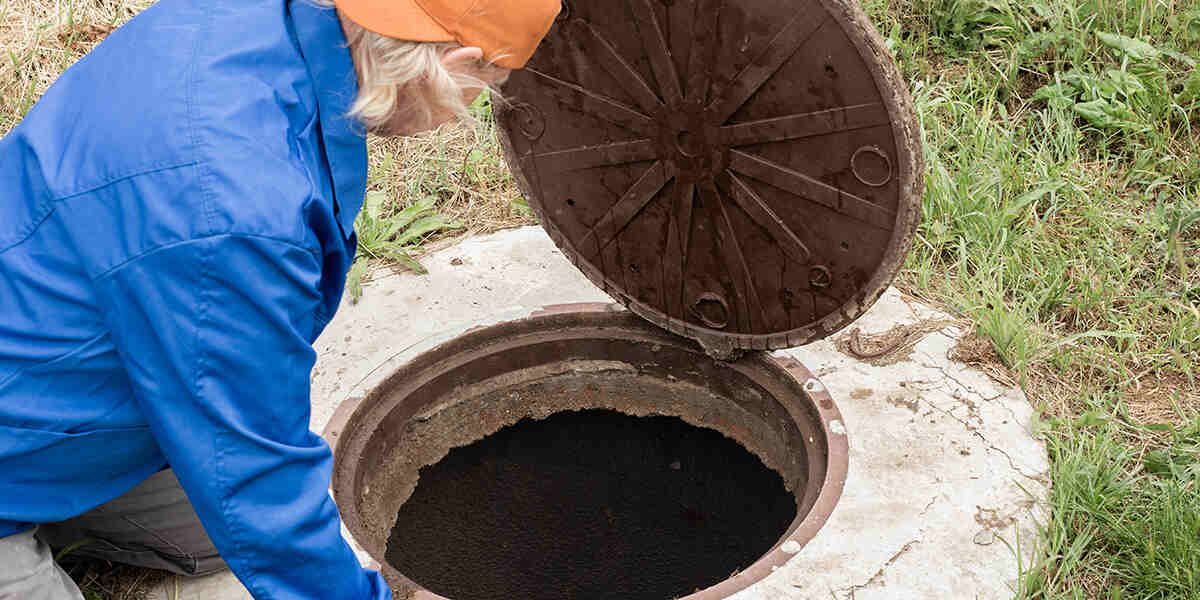
Has the time come for a septic service on your property? Call (431) 244-4966 for assistance from the septic specialists at King’s Services.
Since your septic system stays out of sight, it stays out of mind. Any property owner could be forgiven for forgetting about their septic system’s vital role in keeping their home sanitary. However, this may lead to your septic tank overflowing with wastewater and sewage.
You’ll end up with a stressful, damaging, and dangerous mess on your hands if your system goes without services for too long. But how often should a septic system be serviced? Our superior septic experts at King’s Services know the answer. Find your system’s service frequency and learn more about caring for your system below.
How Septic Systems Work
Your septic system acts as your personal wastewater management plant. It consists of several integral parts, including:
- Septic source: The bathrooms and sinks in your house typically serve as the source for the waste. The wastewater flows from your home to the tank.
- Tank: Once the waste empties into the tank, it separates into three levels: scum on top, water in the middle, and sludge at the bottom. Once the tank fills with enough water, the water empties into the drainfield. The sludge and scum remain in the tank.
- Drainfield: When the water flows into the drainfield, it filters through soil and minerals. These particles eliminate any remaining contaminants. Then, the water becomes groundwater.
- Pipe networks: A series of sturdy pipes lead from your home to the tank and the drainfield.
The septic tank is the primary reason you must regularly service your septic system. While it releases water, it still fills with sludge and scum. Eventually, these contents run out of room inside the tank.
Septic services prevent the contents from overflowing into your home. A septic overflow exposes your household to dangerous contaminants that may threaten your health. The liquid sewage can also cause extensive damage to your belongings and building structures. How often should a septic system be serviced to avoid these disastrous occurrences?
How Often Should a Septic System Be Serviced?
Like all household networks and appliances, your septic system requires regular maintenance to ensure it functions as expected. Inspections and pumping services protect your health and property from harmful overflow disasters or seepage. Septic experts recommend the following services to ensure the system's health, function, and fill rate.
System Inspections
A septic technician should inspect your system every three years. These inspections ensure that:
- Your system’s components work harmoniously
- Your tank has an adequate ecosystem of bacteria to break down solids
- Your property is not at risk of a tank overflow
If the inspector finds any concerns, they will communicate the problem to you, helping you find a solution that fits within your budget and the recommended timeframe for repairs.
Tank Pumping Services
Pump frequencies largely depend upon the size of your system and how much waste your family flushes into it. A good rule of thumb is to schedule pump-outs every three years. You’ll find some examples of how tank sizes vs. the number of household members affects pump frequency below:
- One person: If one person uses a small, 500-gallon tank, they must schedule services every five to six years. A tank between 750 and 900 gallons only needs emptying every nine to 10 years.
- Two people: A couple using a 750-gallon tank should empty their system every two and a half years. Tanks that hold 750 to 900 gallons need to be serviced every four to five years.
- Three people: A small family of three should service a 750-gallon tank every year and a half. If they use a 750 to 900-gallon tank, they should plan an emptying service every two and a half to three years.
- Four people: Families of four should have tanks that can hold a minimum of 1000 gallons. They should empty this tank size every two and a half years. They can wait three and a half to four years with a tank that holds 1250 to 1500 gallons.
- Five people: A household of five needs a tank that holds a minimum of 1250 gallons. They’ll service the tank every two and a half years.
Larger tanks allow you to wait longer to schedule services. If you have a large family using a small septic system, you must pump the tank as often as every six months.
Protecting Your Septic System
While you should never skip regular inspections, you can prolong the amount of time between pump-outs with more conscious system usage. The following tips not only lengthen your pump-out period but also protect your septic system and property from unexpected problems. These recommendations come straight from the EPA.
Drainfield Protection
Your drainfield is a delicate, complex part of your system’s anatomy. It filters contaminants from the draining wastewater, allowing the water to return to the earth. You can protect it by:
- Not parking or driving cars and other heavy equipment across the drainfield’s surface. Vehicles add too much pressure to the surface area.
- Planting trees and other large, deep-rooting plants a safe distance from your drainfield. Tree roots can penetrate the field, damaging its components and preventing appropriate function.
- Pointing above-ground drainage points away from the drainfield. Your drainfield can only handle the wastewater slowly draining from the tank.
Efficient Water Usage
The amount of water you use impacts the needed service frequency. Install water-efficient fixtures and appliances. Choose modern toilet designs that hold less water in their tanks while still effectively eliminating sewage from your household. Spread loads of dirty dishes and clothes throughout the week to make the drainage tasks easier on your septic system.
Rethink how you drain water from your sink or flush your toilet. Never allow paper or fabric materials outside toilet paper to escape through your drains. Use drain screens to keep food particles and other waste from moving into your septic system.
Give Your Septic System the Royal Treatment With King’s Services
How often should a septic system be serviced for your family? Call
(431) 244-4966 to find out from King’s Services septic experts.



